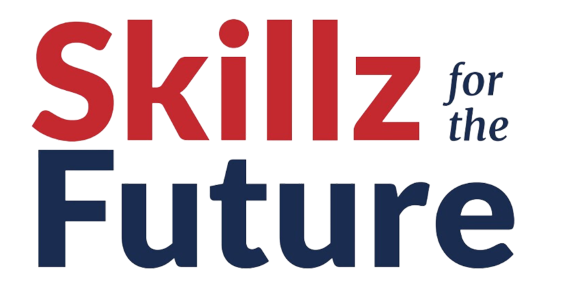Change management, often seen as both a science and an art, is the skilful orchestration of oneself and others during times of transition. Considering the perpetual state of flux in most organisations and individual lives, it becomes evident that we are, in fact, managing change on a daily basis. However, the manner and efficacy with which we navigate these changes vary significantly.
This comprehensive guide aims to delve into the realm of managing change in personal and professional spheres, providing insights and skills essential for steering through transformative periods and supporting others in the process.
To alter, make different, exchange – the simple definition of change masks a world of intricacies, particularly in organisational terms. While strong organisations continually make minor adjustments, major changes are often prompted by external forces threatening survival, such as mergers, takeovers, or economic downturns. Unfortunately, the term ‘efficiency’ in the context of change is frequently associated with downsizing and the looming threat of redundancy.
Organizational change is often met with resistance and cynicism, largely due to its negative connotations. However, the critical question arises – does change always have to be met with skepticism, or can individuals learn to embrace it?
Uncertainty is undeniably one of the most stressful conditions for humans. Observing small children, instinct-driven creatures resistant to changes in routine, provides an insightful parallel. Change induces uncertainty, leading to stress.
Effectively managing change is a nuanced process requiring human skills. Successful change managers and leaders excel at engaging with people, possessing empathy, and wielding excellent communication skills. Motivational prowess and high emotional intelligence, especially self-awareness and resilience, are imperative.
Leaders adept at leading change often adopt authoritative styles when a vision is required (as in a Kotter-style change process) or affiliative/democratic styles for continuous, fluid changes. Organizational skills, including organising, action planning, and project management, are also crucial components of effective change management.
On a personal level, embracing and adapting to change involves strategic thinking skills. Those who fare well possess good emotional intelligence, resilience, and self-motivation, viewing change as an opportunity for learning and growth.
Conversely, those struggling to adapt may resist change. Understanding and overcoming resistance to change are areas of ongoing research, highlighting the psychological complexities associated with transitions.
Change management is often a silent triumph; its success lies in its unobtrusiveness. When change is well-managed, stress is minimised through engagement and involvement. In a world continually undergoing transformations, the true accomplishment for change leaders is when their efforts remain ‘under the radar,’ creating minimal disruption and seamlessly guiding individuals and organisations through the waves of change.
